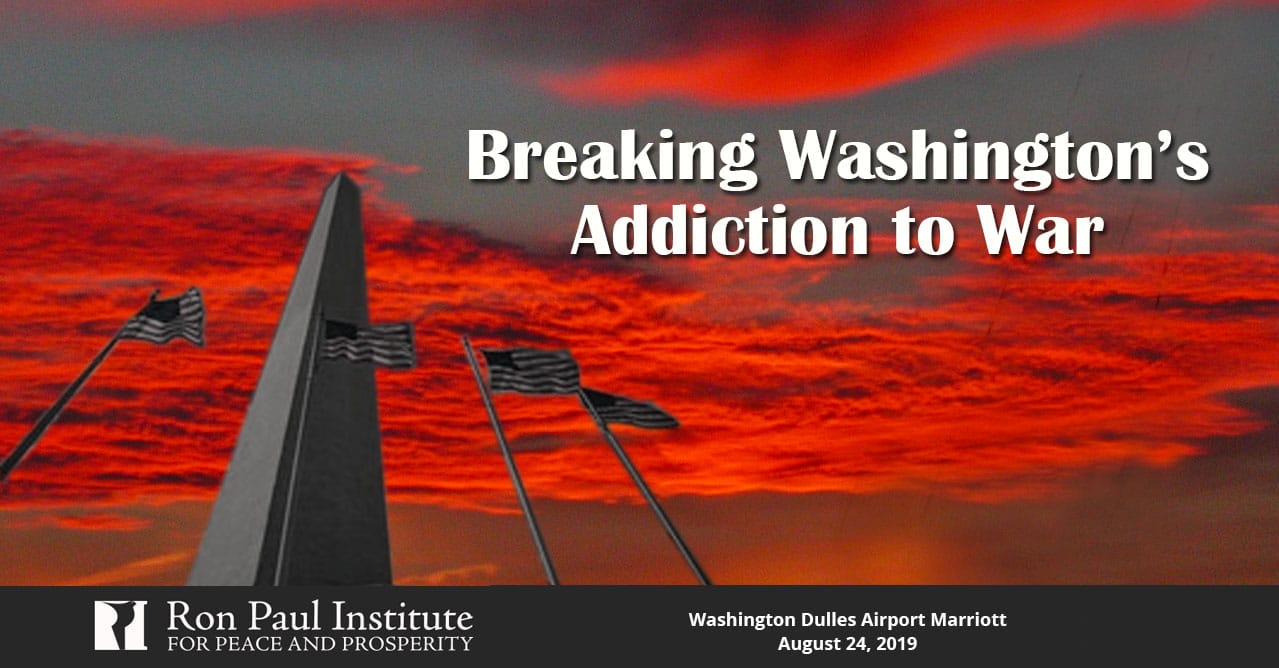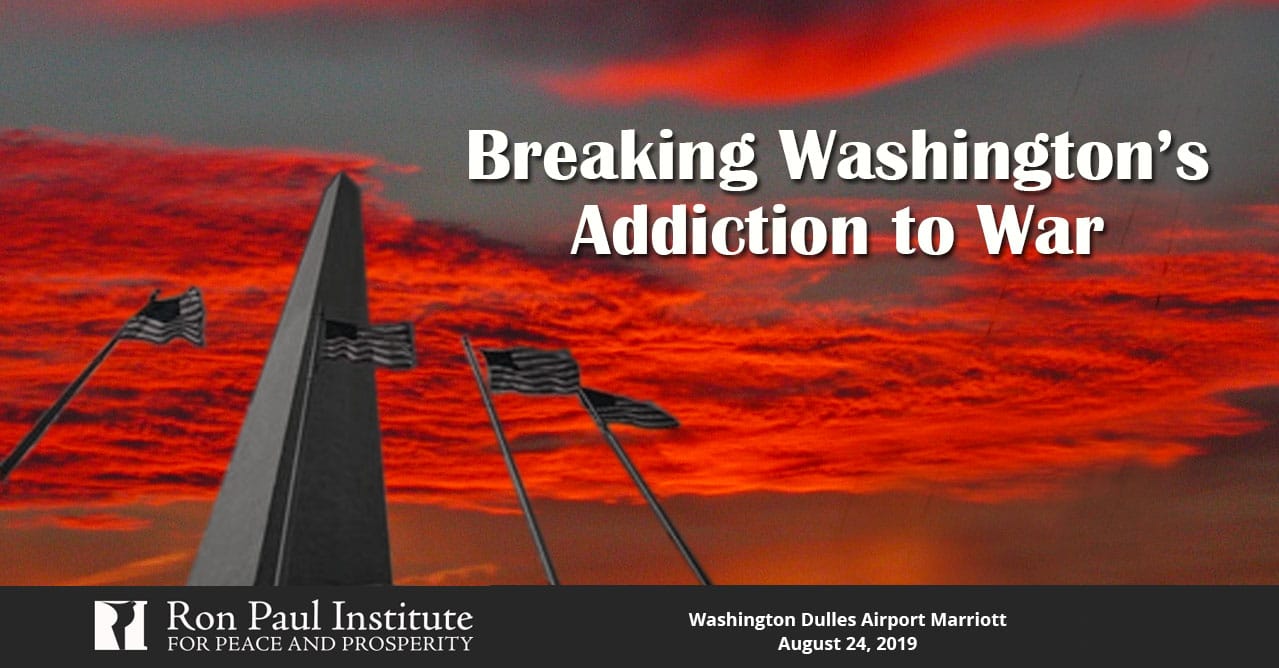Washington is in a constant state of war frenzy. The question of how to manage global challenges seems to be always met with the same answer: threaten sanctions and move military assets. Thus, the US sends carrier strike groups toward Iran, into the Black Sea, into the South China Sea, and elsewhere to make it clear that force is the only language spoken by the United States government and its national security apparatus.
US sanctions cripple a targeted country’s economy, punishing the civilian population for the alleged sins of their leaders.
“Diplomacy” means it’s Mike Pompeo’s State Department issuing the threats instead of the Pentagon or John Bolton.
Meanwhile, Washington’s aggressive approach to the rest of the world is backfiring. Far from our becoming more engaged, sanctions and threats of war actually push former enemies to forge alliances to sidestep dealings with the US. The Europeans have been trying to create a system of trade with Iran that bypasses the US, which has reimposed sanctions. Russia and China cooperate with an eye on ending dollar hegemony. Peace talks take place among warring factions in places like Venezuela and Ukraine without the US being invited to participate.
Get your early bird tickets now and save!
With war drums getting louder, no one seems to really be in charge.
No longer does even the president seem to have control over the war machine. No sooner does President Trump announce that we’ve won in Syria and are bringing the troops home, than his national security advisor or someone else in his administration issues a “clarification” that nullifies the policy declaration.
Congress? Has anyone heard much from Congress? Or have they wasted two years on either side of “Russiagate”?
This summer the Ron Paul Institute will gather a beyond left/right group of expert speakers to take a hard look at why our foreign policy is a miserable failure and why it has been a miserable failure for US administration after administration.
In post-Mueller, post-Russiagate America, why are Beltway “experts” and their allies in the mainstream media still acting as if today’s Russia is a far more deadly enemy than Stalin’s Soviet Union? Who benefits and why?
After the almost complete defeat of US and allied-backed jihadists in Syria, why do the State Department and Pentagon still pursue “Assad must go” policies?
Why does Washington insist that the citizens of Iran and Venezuela must starve until their leaders capitulate to neocon demands?
Most importantly: who are the true isolationists? Are they we non-interventionists who promote America’s original foreign policy of peaceful relations with all who seek the same? Or are they the sanctioners, the war-threateners, the dictat-deliverers?
Join the Ron Paul Institute and friends this August 24th and be a part of a unique Washington Beltway experience: a beyond left/right coalition of progressives, libertarians, conservatives, and beyond, who are hammering out a new foreign policy that actually benefits the United States instead of the well-connected elites. A foreign policy of peace.



